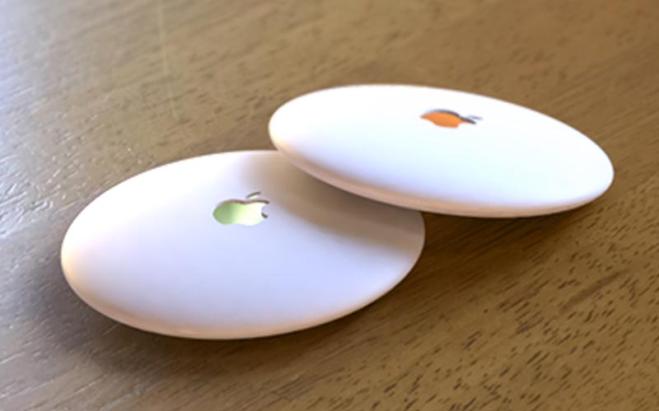It’s not a secret that Mac Books are very expensive hardware and are some of the most coveted items on the consumer market. There are many horrific stories that illustrate the details of how thieves can so easily run away with valuables, MacBooks included. And while it’s true that thefts can be prevented with good habits and a bit of vigilance and foresight, what happens when a theft does occur? Do you simply surrender to your misfortune, or do you try to at least recover your MacBooks?

https://images.pexels.com/photos/2148217/pexels-photo-2148217.jpeg
While there is a way to find your Mac via the Find My Mac function, the difficult truth is that it isn’t accurate enough to be reliable. There are many stories online that would say just as much. Before we can delve deeper into the issue at hand, we first need to know why current iterations are unreliable.
Why Is the Find My Mac Service Unreliable?
The primary reason why Find my Mac is an unreliable solution in locating your Mac is that it relies on a Wi-Fi connection in order to ping a Mac’s location to the owner. Consider the fact, too, that it’s rather easy to use a VPN to mask your location. And even without these measures, a location service that relies solely on a Wi-Fi connection is only capable of tracking a wide radius, which, quite frankly, is only going to show a general location of where the MacBook might be.

makeuseof
GPS Tracking
Because of the limitations of the current Find My Mac service, many people have begun to consider installing a GPS tracking device on their devices so that they would be able to pinpoint the exact location of their device.
Here’s some good news!
There has long been talk of Apple developing a Trackimo-like device called AirTags, which would function exactly the way a GPS tracker would. Evidence of its development can be found in assets embedded within MacOS Catalina which will allow AirTags to integrate well with Location Services. While price and availability for AirTags have yet to be announced, the fact that Apple recognizes that the current iteration of their location services is not reliable and that they are making solutions for it should help further cement consumer trust in the brand.

105.net
Who Can Expect to Benefit from AirTags?
While there aren’t any explicit requirements yet, we can infer that those who plan to make use of AirTags need to update to the latest MacOS. Besides the ability to use AirTags, Macs that run OS X later than 10.2 would no longer rely on defragmentation to retain performance, as is better explained in this link. So you aren’t just getting AirTag usability by upgrading your software to the latest version.
Watch the video below